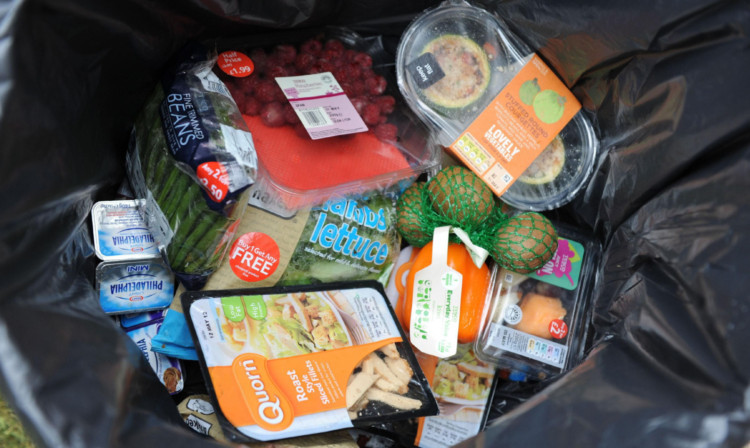
Just one in three Britons trust the government to make sure food is safe to eat, according to a survey on public attitudes in the wake of the horsemeat scandal.
Consumers also have low levels of trust in supermarkets and food manufacturers, the poll from NatCen Social Research found.
But the public is more confident in the quality of British food than food from abroad, with 58% sure that local products are prepared to the highest standards compared with less than a quarter (23%) having the same faith in imports.
Just 35% said they trusted the government “a great deal” or “quite a lot” to make sure that food was safe to eat – the same proportion who said they trusted supermarkets.
Just over a quarter (29%) said they did not trust the government “very much” or “at all”, while 26% said this about supermarkets.
But 70% said they trusted food inspectors to make sure food was safe and 60% said they trusted farmers.
Healthiness is more important than cost for shoppers, with 83% naming health as a priority compared with less than half (47%) who said that it mattered that their food was cheap.
Just over a third (35%) care that their food is grown locally, but 69% said they did not want products that had gone through a lot of processing and 58% said it was important that the farmer or grower had been paid a fair price.
NatCen research director Caireen Roberts said: “Healthiness of food is clearly an important issue when buying food, more so than considerations around the origin and cost.
“While confidence in the quality of food produced in Britain was just over 50%, it was higher than levels of confidence in imported food and we also saw low levels of trust in the government, supermarkets and food manufacturers.
“This may be because these organisations are viewed as being motivated by profit either directly or indirectly or it may be the result of previous food scares.
“Further research will be needed to see whether the public’s attitudes change over the coming years.”
NatCen Social Research surveyed 4,328 British adults between July 4 and November 2 last year.
READ MORE
Obesity targeted in new Food Standards Scotland strategy
Burgers made entirely of vegetables are the latest food craze

Enjoy the convenience of having The Sunday Post delivered as a digital ePaper straight to your smartphone, tablet or computer.
Subscribe for only £5.49 a month and enjoy all the benefits of the printed paper as a digital replica.
Subscribe